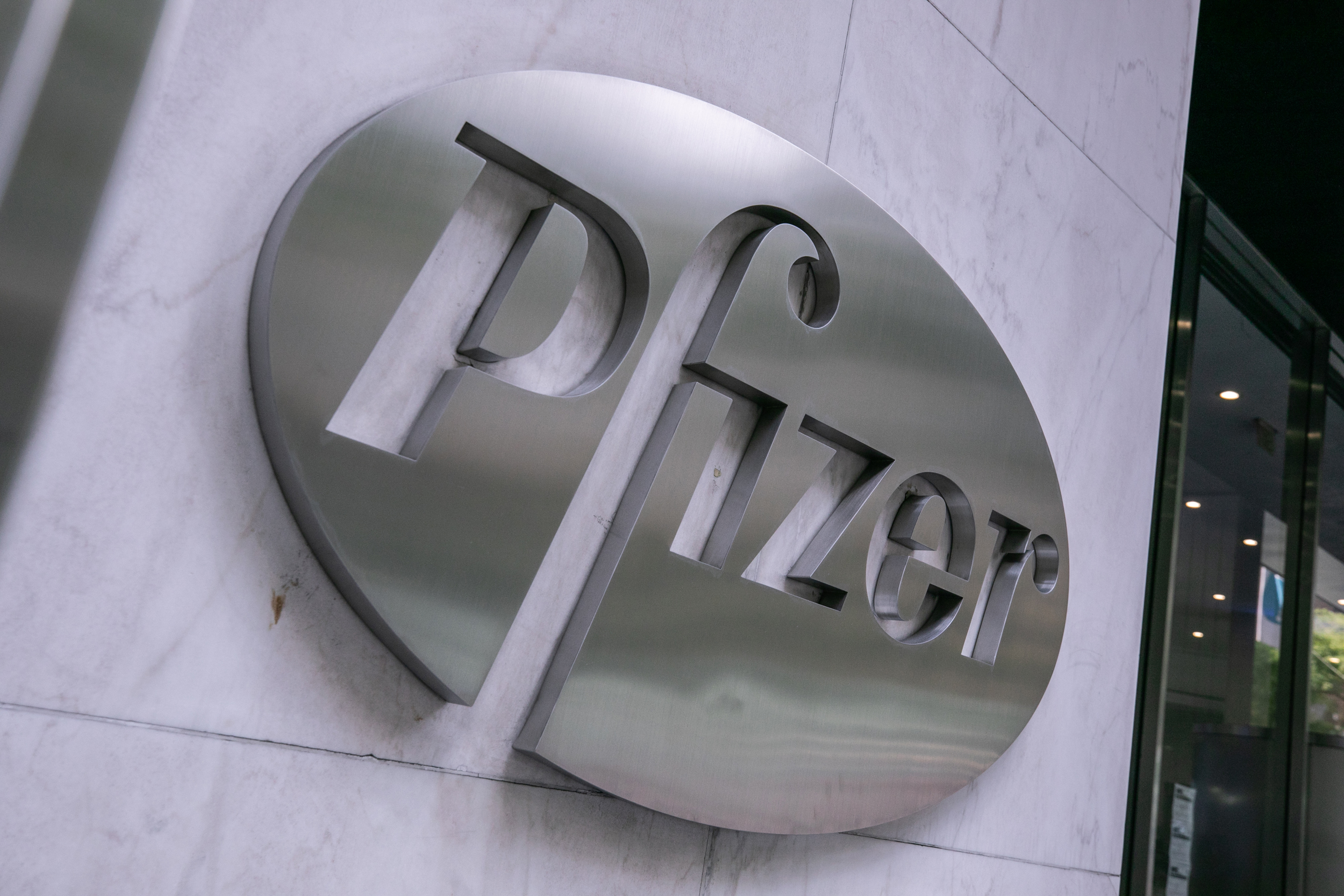New Jersey’s Department of Environmental Protection (DEP) has sued Pfizer, Johnson & Johnson, Honeywell and several real estate companies over a site in Morris Plains where toxic waste remained from a now-shuttered pharmaceutical plant.
The new civil complaint could lead to another big payout for the state.
The DEP did not specify how much it will need for the site’s restoration. Recent legacy pollution lawsuits filed by New Jersey have led to settlements ranging from about $393 million with Solvay up to $2 billion with DuPont.
The plant in Morris Plains operated from the 1950s to the 1980s under Warner-Lambert, which Pfizer acquired in 2000. The state also named Johnson & Johnson, Honeywell and three real estate companies as “knowing purchasers” of parts of the site throughout the years. Under New Jersey’s Spill Act, these later buyers can be held responsible for cleanup if they acquired land with knowledge of past contamination.
In a statement, Pfizer spokesman Steven Danehy asserted the company had “a long-standing commitment to protecting the environment.”
“We look forward to defending our company and resolving these allegations,” Danehy said.
None of J&J, Honeywell and real estate companies M&M At Morris Plains, Tabor Road Owner and Tabor Road, returned emails and calls seeking comment.
At the heart of the case is the DEP demanding financial compensation for the state’s past and future cleanup related to the site, extending its demands not only to the companies responsible for the discharge but also the companies that have benefited from remediation.
The state’s complaint alleges that Pfizer was involved in the operation of a pharmaceutical plant that discharged trichloroethylene (TCE) and other hazardous chemicals at the site, contaminating the groundwater about 90 feet underground.
State officials have described groundwater as “an extremely important natural resource,” supplying more than 900 million gallons a day and serving more than half of New Jersey’s population. The complaint is localized to the aquifer underneath the site along Tabor Road.
TCE was used at the site for freeze-drying. Its low boiling point, stability and non-flammability made it effective for cycling between liquid and gas to create the cold, low-pressure conditions needed to preserve drugs.
Soil tests conducted after the site drained about 3,000 gallons of the solvent in 1989 found TCE concentrations of 16,000 parts per million—orders of magnitude above acceptable levels, the complaint says.
The area in Morris Plains has been subject to remediation efforts for decades, culminating in a 2012 classification exception area (CEA) designation, which signifies that state groundwater quality standards are not being met and bars its use for drinking and other purposes while relying on engineering to prevent exposure.
According to the site’s CEA fact sheet, TCE levels in 2012 in the aquifer measured nearly six times higher than the state’s cleanup goal, leading to the CEA to set strict limits on wells: new drinking water wells must be tested and treated, industrial wells need state review to ensure they don’t spread the contamination, and any new wells must be double-cased to block pollutants from moving upwards.
TCE was classified as a carcinogen only recently. The National Toxicology Program suspected TCE as a carcinogen as early as 2000, then categorized it as a known carcinogen in 2016. It was found to cause kidney cancer and was linked to higher risks of non-Hodgkin lymphoma and liver cancer.
The CEA designation doesn’t require removal of all pollution but does require property owners to manage it under state oversight, allowing the land to be redeveloped for homes and offices so long as people aren’t using the contaminated groundwater.
State officials, in their complaint, emphasized that while the contamination has been contained, it could still endanger the health of residents and may have contaminated ecosystems, and may still pose a risk in the future.
The CEA designation is set to expire in 2027, but unless the groundwater meets drinking-water standards by then—which is unlikely given the presence of TCE—state regulators are expected to extend it rather than lift the restrictions.
“The groundwater contamination at and from the property constitutes a physical invasion of public property and an unreasonable and substantial interference with the public’s right to clean water,” the DEP said.
Meanwhile, the town of Morris Plains was not included as a plaintiff in the complaint.
“Neither I nor my professional staff was notified and, [to] the best of my knowledge, the Borough is not listed in this lawsuit,” said Morris Plains Mayor Jason Karr.
The town’s council president, Sal Cortese, reiterated that the area has met DEP remediation standards.
“I hope the DEP does a good job with this case. I’m sure they will,” said Cortese.
About This Story
Perhaps you noticed: This story, like all the news we publish, is free to read. That’s because Inside Climate News is a 501c3 nonprofit organization. We do not charge a subscription fee, lock our news behind a paywall, or clutter our website with ads. We make our news on climate and the environment freely available to you and anyone who wants it.
That’s not all. We also share our news for free with scores of other media organizations around the country. Many of them can’t afford to do environmental journalism of their own. We’ve built bureaus from coast to coast to report local stories, collaborate with local newsrooms and co-publish articles so that this vital work is shared as widely as possible.
Two of us launched ICN in 2007. Six years later we earned a Pulitzer Prize for National Reporting, and now we run the oldest and largest dedicated climate newsroom in the nation. We tell the story in all its complexity. We hold polluters accountable. We expose environmental injustice. We debunk misinformation. We scrutinize solutions and inspire action.
Donations from readers like you fund every aspect of what we do. If you don’t already, will you support our ongoing work, our reporting on the biggest crisis facing our planet, and help us reach even more readers in more places?
Please take a moment to make a tax-deductible donation. Every one of them makes a difference.
Thank you,













